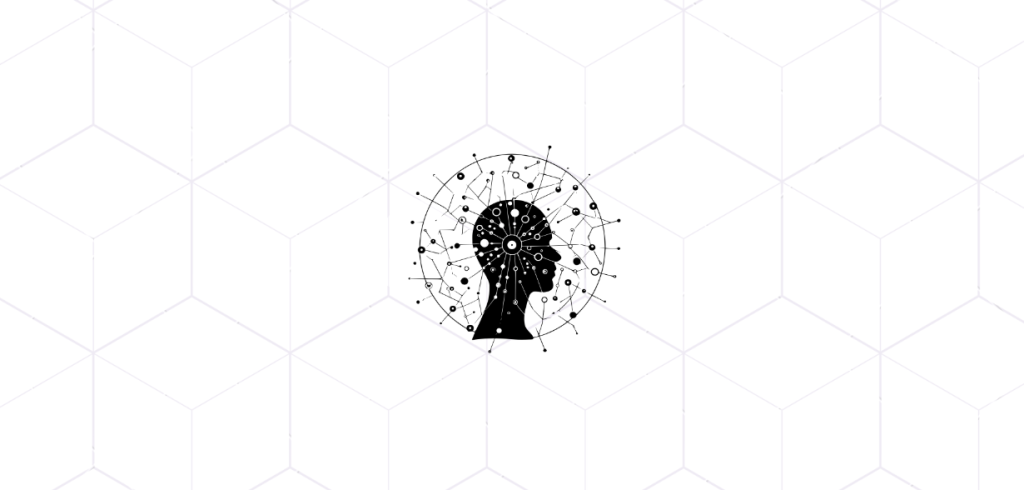
How AI Is Transforming the Future of Personalized eLearning: A Case Study of JoVE’s Platform Revamp
Artificial Intelligence (AI) has become a catalyst for innovation across industries, and education is no exception. The future of learning is no longer bound to static, one-size-fits-all models. With AI at the helm, educational experiences are being transformed into dynamic, personalized journeys that respond to the unique needs of each learner. One of the most notable examples of AI’s impact is seen in the recent revamp of the JoVE (Journal of Visualized Experiments) platform, which has adopted AI-powered technologies to revolutionize its approach to eLearning. In this article, we explore how JoVE’s new AI-driven platform exemplifies the broader trend of AI in education, personalizing the learning experience and enhancing student engagement.
The Role of AI in eLearning: A New Era of Personalized Education
AI is redefining the landscape of eLearning by enabling more tailored, adaptive, and engaging learning experiences. Traditional educational systems have long struggled with a lack of customization, often requiring students to follow standardized paths, regardless of their individual needs, learning styles, or progress. AI, however, empowers platforms like JoVE to break free from these constraints, delivering content that adapts to the learner’s pace, challenges, and preferences.
Through the use of AI-powered adaptive learning, content can be dynamically adjusted based on a student’s engagement and performance, providing personalized lesson plans, real-time feedback, and targeted study materials. This shift towards AI-driven education not only makes learning more efficient but also ensures better retention and comprehension.
How JoVE Is Personalizing eLearning with AI
JoVE has long been a trusted resource for scientific educational videos, helping learners in various fields, including biology, chemistry, and physics. However, in its latest platform revamp, JoVE has incorporated AI to further enhance the learning experience. Here’s how AI is transforming JoVE’s platform into a more personalized and engaging environment for learners.
AI-Powered Adaptive Learning Paths
One of the most significant changes in the JoVE platform is its ability to offer adaptive learning paths. Through AI, JoVE can now track a learner’s interactions with its content, assessing areas where they may be struggling or excelling. Based on this analysis, the platform tailors future content delivery to meet the learner’s needs.
For example, if a student struggles with certain experimental procedures, JoVE can adjust its suggestions, offering related materials, tutorials, and explanations that focus on the learner’s weak points. This allows students to move through the course at their own pace, revisiting difficult concepts without being bogged down by content they have already mastered.
AI-Generated Content and Interactive Learning
JoVE has also incorporated AI to generate new types of interactive content that engage learners more deeply. AI-driven simulations and interactive experiments now allow students to not just watch an experiment unfold, but actively participate in it. These simulations provide a safe, controlled environment where learners can experiment with scientific principles, make decisions, and see the results in real time.
Additionally, AI is used to generate quizzes, assessments, and personalized study guides. This content is tailored to the specific needs of each learner, ensuring that students receive focused feedback on areas where they need improvement. The AI-powered content generation also helps instructors streamline course creation by automatically creating and grading assessments.
AI Chatbots and Virtual Tutors for Enhanced Engagement
The inclusion of AI-driven chatbots and virtual tutors in the JoVE platform further enriches the student learning experience. These AI assistants are available 24/7, providing learners with immediate answers to their questions, guidance on complex topics, and personalized recommendations for further study.
By integrating AI chatbots, JoVE ensures that students never feel isolated in their learning journey. These chatbots offer instant feedback, pointing out mistakes and guiding students to the correct answers. The ability to interact with a virtual tutor also makes learning more engaging, helping students feel more connected to the material and motivated to continue learning.
Real-Time Feedback and Progress Tracking
JoVE’s platform now tracks each student’s progress and provides real-time feedback, an essential component of personalized learning. AI algorithms continuously analyze student performance, adjusting content delivery to match the learner’s pace and proficiency level. This feedback loop ensures that students always receive the appropriate level of challenge without becoming overwhelmed.
For example, if a learner excels in certain topics, the platform will push more advanced materials and offer enrichment opportunities. Conversely, if a student struggles with a specific concept, the AI will provide additional resources, exercises, and explanations to reinforce learning.
Expanding the Role of AI Beyond Traditional Education
While AI’s role in personalized eLearning is often discussed within the context of traditional academic settings, its potential extends far beyond this. One area where AI is making a significant impact is in corporate training and professional development.
AI in Corporate Training
In corporate environments, organizations are increasingly adopting AI-powered learning platforms to enhance employee skills and development. By personalizing training programs, AI can provide employees with targeted learning paths that address their unique career goals, skill gaps, and job requirements.
JoVE’s adoption of AI isn’t limited to academic learning; the platform is also being used to provide corporate training in specialized fields like laboratory safety, scientific protocols, and technical skills. Through AI’s ability to analyze employee progress and tailor content to their needs, JoVE is helping organizations offer more effective and efficient training programs that align with both company objectives and individual growth.
AI for Continuous Professional Development
JoVE is also leveraging AI to offer continuous professional development opportunities for employees in scientific and technical fields. As industries evolve and new technologies emerge, employees need ongoing access to up-to-date training. JoVE’s AI-driven platform can suggest new content based on trends, emerging research, and the individual needs of the learner, ensuring that professionals stay at the forefront of their fields.
Ethical Considerations in AI-Driven Education
While AI is transforming eLearning, it’s important to consider the ethical challenges associated with its use. One of the biggest concerns in AI-driven education is data privacy. AI-powered platforms like JoVE collect and analyze vast amounts of student data, raising concerns about how this data is stored, shared, and protected.
Additionally, AI algorithms can sometimes introduce biases, affecting the fairness of personalized learning experiences. Ensuring that AI systems are trained on diverse datasets and remain free of bias is critical to creating equitable learning opportunities for all students.
Finally, there is the issue of over-reliance on technology. While AI can enhance education, it’s essential to strike a balance between automation and human interaction. Teachers, mentors, and peers still play an essential role in the learning process, and AI should be viewed as a tool that enhances, rather than replaces, these human connections.
The Future of AI in eLearning
As AI continues to evolve, its impact on eLearning will only grow stronger. The future of personalized education will likely see even more sophisticated AI-powered tools, such as emotion-detecting algorithms, augmented reality (AR) integration, and predictive analytics.
Emotion-detecting AI, for example, could analyze a learner’s facial expressions and tone of voice to gauge their emotional state, adjusting the learning experience accordingly. Similarly, the integration of AI with AR could create more immersive learning environments, allowing students to interact with digital representations of scientific concepts in a highly engaging way.
Predictive analytics will also play a significant role, enabling platforms like JoVE to anticipate learning challenges and suggest proactive interventions. By analyzing vast amounts of data, AI can identify patterns and offer personalized recommendations that keep students on track and motivated to succeed.
Conclusion
AI’s role in eLearning is poised to redefine the way students engage with content and acquire knowledge. Through personalized learning paths, AI-driven content generation, and real-time feedback, platforms like JoVE are setting the stage for a new era of intelligent, adaptable, and engaging learning experiences. As AI technology continues to evolve, the possibilities for personalized education are virtually limitless.
While challenges such as data privacy and algorithmic bias remain, the future of AI in education is undeniably bright. As we embrace these innovations, the learning experience will become more dynamic, inclusive, and tailored to the needs of each individual learner, ensuring that education is not just smarter, but also more effective than ever before.
Innovate With Custom AI Solution
- 12 Courtyard Pl,
Lexington, MA 02420 - (617)319-0174
- corp@dataprocorp.tech
